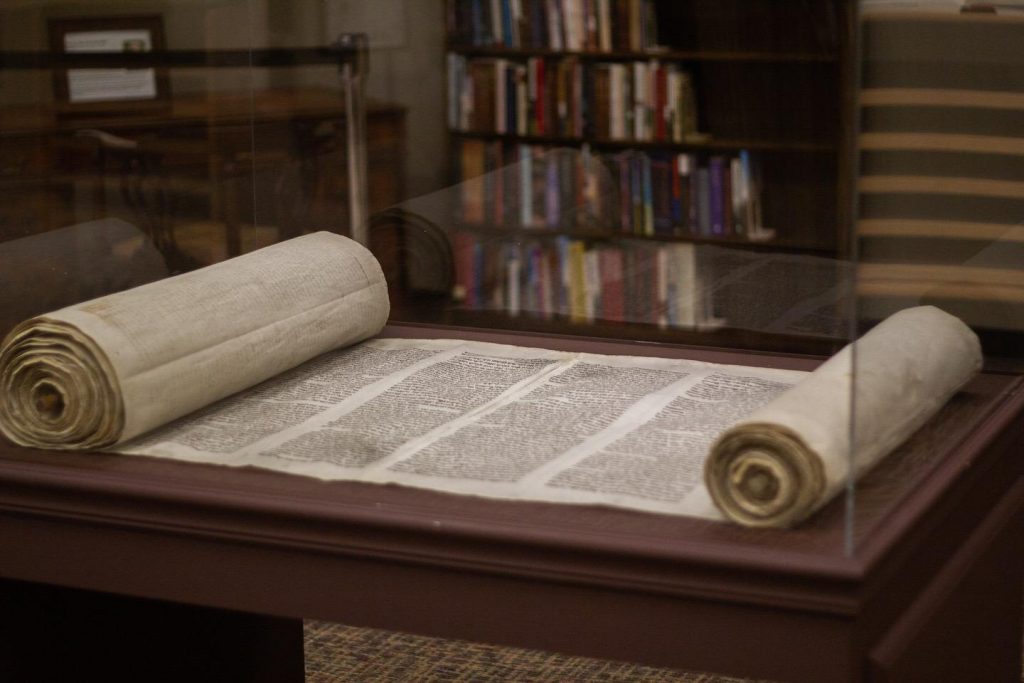
Jesus has healed sick people repeatedly. He has also cast demons out repeatedly. He has healed both those suffering from disease and also those suffering a debilitating condition. That’s an important distinction, because healing someone from something that they’ve learned how to live with is obviously harder than healing someone with a disease their mind and body are still fighting. But Jesus has gone further, even healing someone who was suffering from both demon possession and a debilitating condition.
Matthew 9:32-33 records, “While they were going out, a man who was demon-possessed and could not talk was brought to Jesus. And when the demon was driven out, the man who had been mute spoke.” When that happened, the people responded with astonishment and wonderment, “The crowd was amazed and said, “Nothing like this has ever been seen in Israel.””
That was a while ago in Matthew’s narrative. Now a very similar circumstance arises, except in this case the man is suffering multiple conditions as well as demon possession, “Then they brought him a demon-possessed man who was blind and mute, and Jesus healed him, so that he could both talk and see.” This means Jesus healed the fellow’s blindness, healed his muteness and also cast out a demon. That’s a three-for-one miracle, a never-before-heard-of event.
In fact, in all the history of the Jewish people, and even in all the history of the whole world – there is no record of anyone ever being healed of such a condition! It is no wonder the people went beyond their previous astonishment. So while before they were simply in wonder, now they add a potential conclusion; “All the people were astonished and said, “Could this be the Son of David?””
It is a remarkable comment for the crowd. They are only now finally coming to the conclusion that the reader of the Gospel has seen for some significant time. Jesus is the Messiah. Jesus fulfilled prophesy in His birth, in His upbringing, in His words, in His ministry and in where He ministered. Jesus did tremendous miracles. He healed the blind, healed the deaf and even raised the dead. Yet up to this point, the people had not concluded that Jesus was Messiah. But now – after all that – the people see this triple healing, and the tipping point comes into sight. They have not yet made the confession of faith, but at least they finally beginning to ask the right question!
We easily forget how difficult it was to come into the Kingdom of God. The moment of conversion washes away the years of unbelief and the wall of doubt that stood before us for so long, motionless and impenetrable. Like a mother who instantly forgets the pain of childbirth, we forget how thick-headed we were before the realization dawned on us that Jesus was far more than a good man and a prophet.
Be patient with unbelievers and long-suffering in your witness. It is not a simple thing to cross over from darkness to light. It takes a manifold witness over a good deal of time – and much prayer – to see dead ears opened and hard hearts made soft.
If it honors Him – even if it blesses you at the same time – you can ask. You know He can answer, and you know He is faithful to answer. We just need to persevere in prayer. His timing is never off.
Marcus Verbrugge
APPLICATION: Intentionality
Keep praying for the salvation of those you love!










